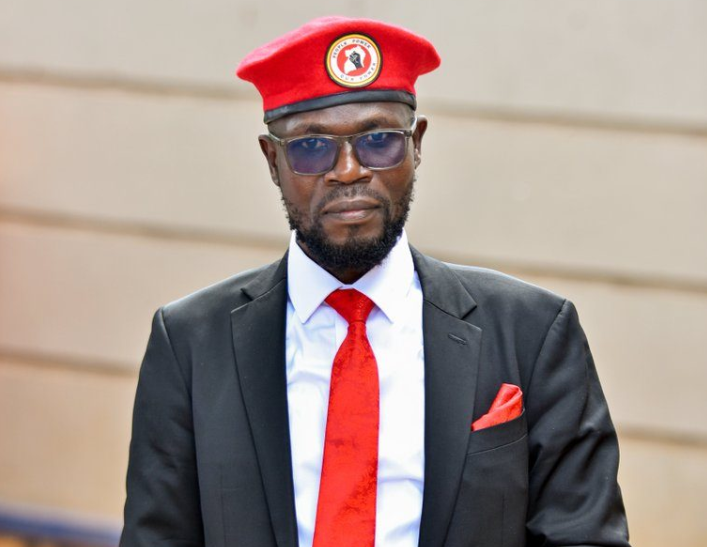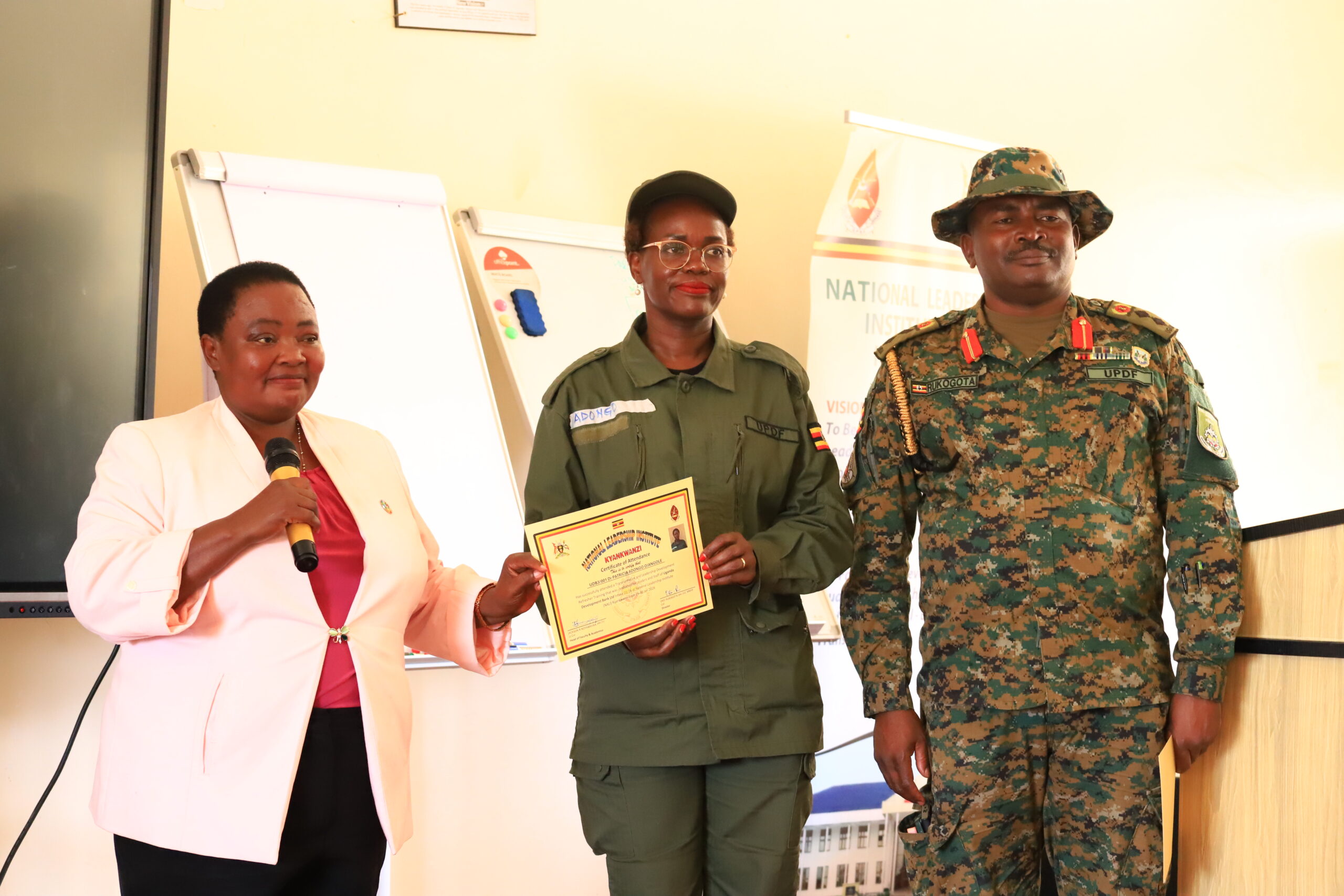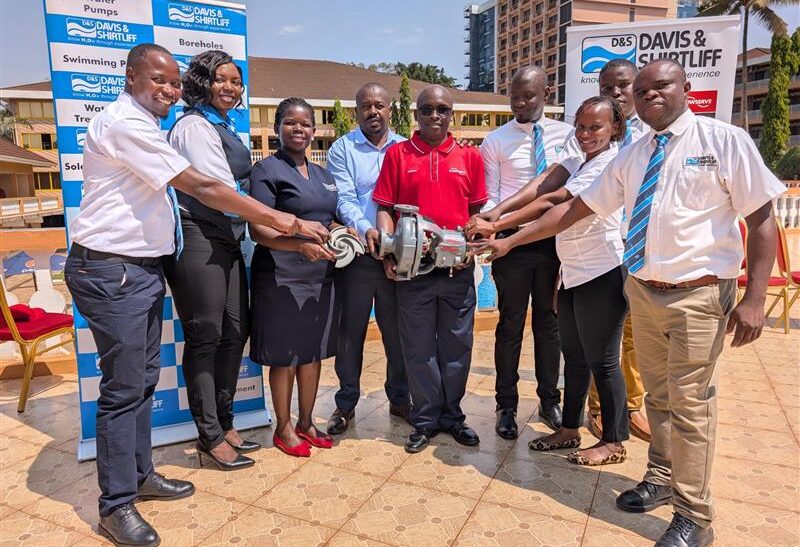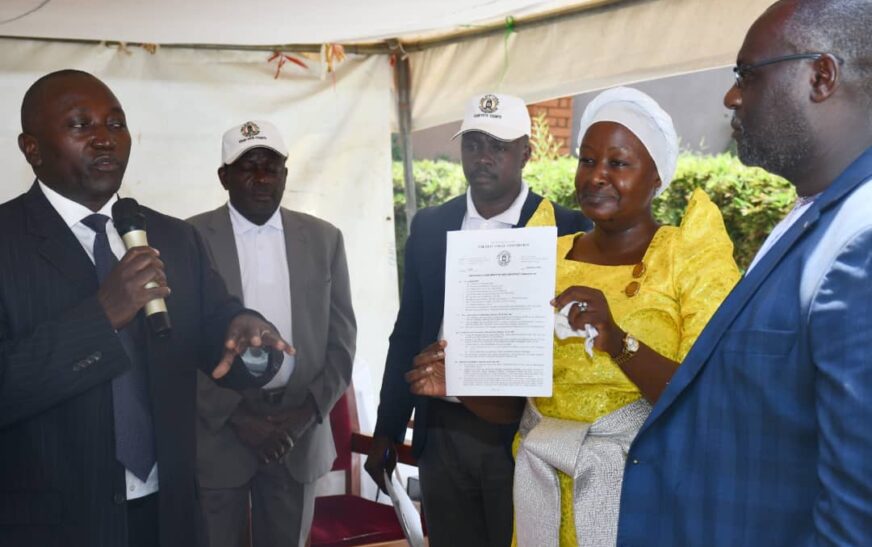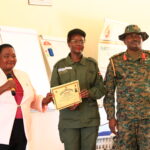The National Unity Platform (NUP) Candidate for Kawempe by-election Erias Luyimbazi Nalukoola has warned that human rights violations in Uganda will continue to rise unless the state’s use of coercive force against opposition leaders and illegal evictions is properly addressed.
Speaking on recent cases of human rights abuses, Luyimbazi emphasized that lasting change can only come when the state prioritizes building credible institutions that operate independently and uphold the law without presidential interference.
“Human rights violations will only stop when institutions execute their duties independently, without being at the mercy of the presidency. Currently, the government agencies accused of gross human rights abuses, such as illegal evictions and suppression of protests, operate under the president’s influence. It is the president who determines their pay and directs their actions. When citizens take to the streets to express grievances, they are met with tear gas and bullets instead of solutions to the issues they raise,” he said.
Luyimbazi, an experienced lawyer known for handling high-profile and sensitive cases including the defense of Jamil Mukulu and 37 other suspects facing charges of murder, rape, and other serious offenses argued that human rights violations affect not just individuals but entire communities.
As part of the legal team that challenged Uganda’s age limit removal, he expressed disappointment with the Supreme Court’s ruling, which upheld the Constitutional Court’s decision. He argued that the substantiality test used in the ruling was misapplied.
“The substantiality test is applicable in election petitions, where one can challenge specific procedural aspects, but not in cases where the entire process is in question. Our clients challenged the entire procedure of enacting the bill, including the violence in Parliament, police interference with MPs’ consultative meetings, and the Speaker’s failure to issue a certificate of compliance,” he explained.
He further pointed out that in cases where the state has a vested interest, judicial rulings often favor the government.
“You cannot entirely blame judges for their decisions. They are appointed by the president and approved by Parliament, where the ruling party holds the majority. This raises doubts about their independence,” he said.
Luyimbazi emphasized the need for true separation of powers, warning that when the judiciary is not independent, it fails in its duty to check the state’s excesses.
“The judiciary must be bold enough to make the right decisions, even when it involves standing up to the coercive force of the state,” he added.
Luyimbazi, alongside fellow human rights lawyers Ladislous Rwakafuzi and Shaban Sanywa, has often been criticized for defending individuals accused of terrorism, murder, aggravated robbery, and other serious crimes. However, he argues that such criticism overlooks the principle of presumption of innocence.
“In criminal law, the burden of proof lies with the prosecution. Those who allege must prove their case beyond a reasonable doubt. My role is not to exonerate wrongdoers but to ensure they receive a fair trial in line with the Constitution,” he asserted.
He further explained that legal representation is a constitutional right, particularly in capital offenses, where the state is obligated to provide legal aid if the accused cannot afford a lawyer.
“Even the unkindest individuals deserve fair treatment. The only way they can reform is by experiencing justice. We should not focus solely on the negative aspects of a person and ignore their capacity for good. A person is like a star,while part of it shines, there is always a dark side,” he reflected.
Luyimbazi recalled facing public backlash, alongside Rwakafuzi, for defending Godfrey Wamala (Troy), the man accused of murdering celebrated Ugandan musician Mowzey Radio (Moses Ssekibogo).
Despite criticism, he remains committed to upholding the rights of all individuals, including those accused of serious crimes.
“At Nalukoola, Kakeeto Advocates & Solicitors, we defend victims of human rights violations while also ensuring that every accused person gets fair legal representation, as required by law,” he concluded.
Note: This conversation about this story happened May 2019.

